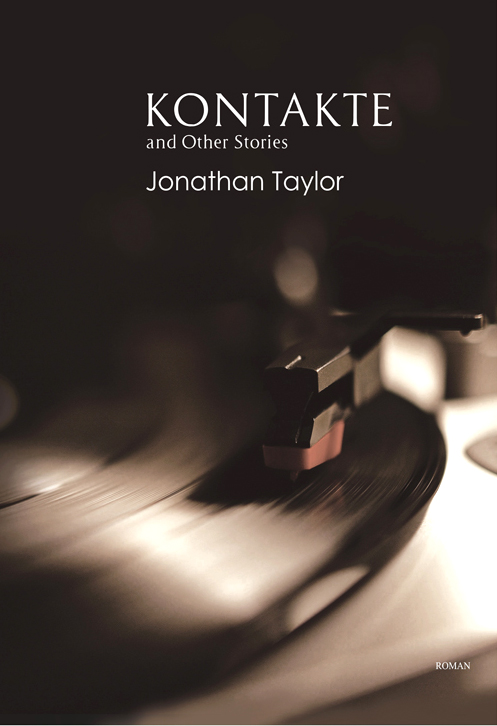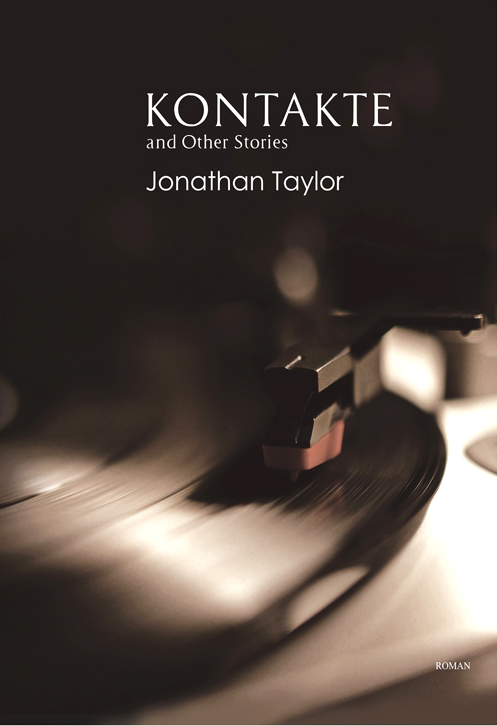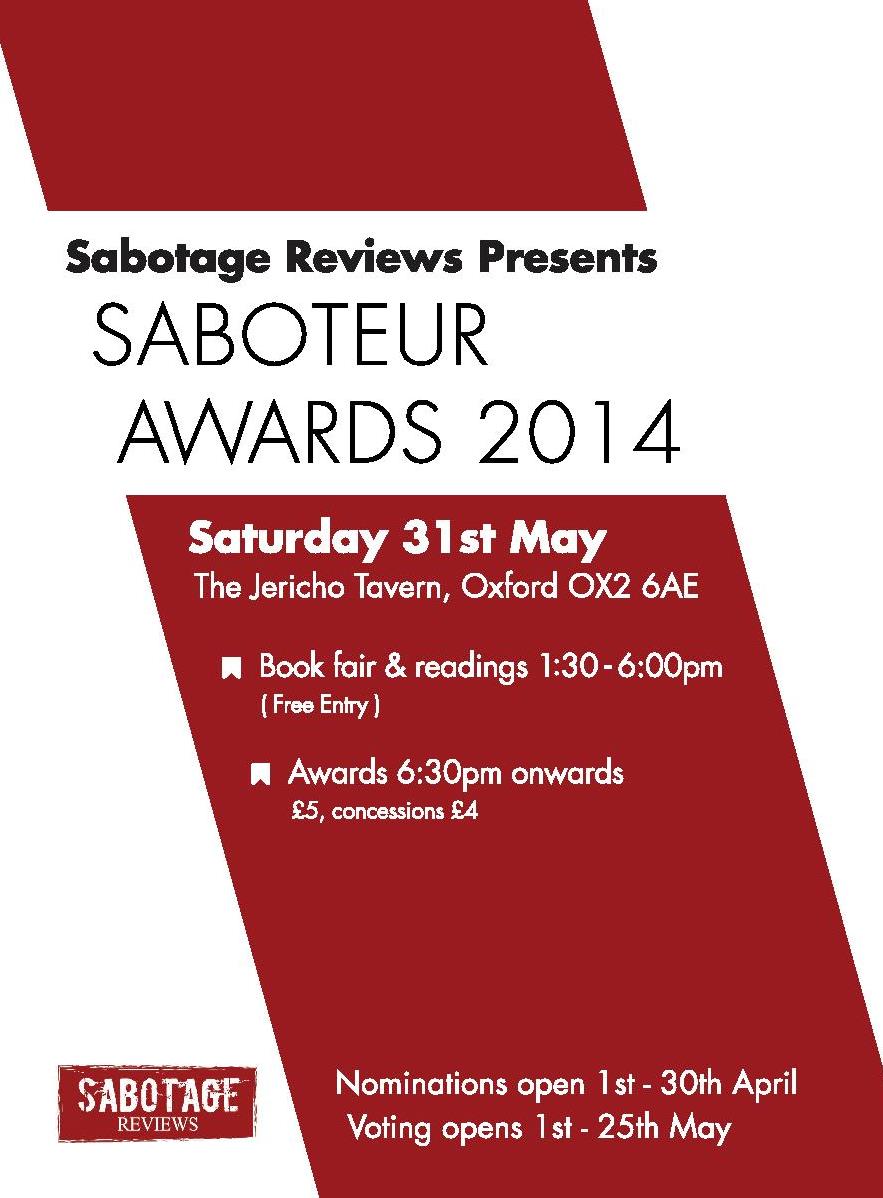‘Kontakte and Other Stories’ by Jonathan Taylor
-Reviewed by Ralph Jones–
If music be the food of love, Jonathan Taylor probably receives a lot of Valentine’s cards. His short story collection Kontakte and Other Stories is infused with musicality and manages, much like a good tune, to linger in the head long after it is over.
It is clear that Taylor is an author profoundly aware of the history and ambitions of his storytelling. In an article on the topic he provides an interesting dissection of the symbiotic nature of music and fiction, and with this cross-over in mind his commitment to ‘challenging, subverting and reinventing’ conventional language is commendable. As he notes, the association between the two art forms has a history that can claim figures like Poe, Balzac, Strauss and Schubert as its participants. Writers wish to write poetry that is musical but composers still aspire to convey poetry in their music. The genre has such a presence that there is in fact a New York publisher whose speciality is ‘musical fiction’.
Kontakte…, then, is already intriguing its readers before it begins. And it proceeds with a confidence and an elegant style. At times it is difficult to suspend one’s disbelief to the point at which one accepts music and various operas being so readily and unselfconsciously referenced in everyday conversation, but Taylor’s stories don’t occupy a place in an entirely real world; the dial has been swivelled somewhat, the tuning altered. This doesn’t excuse the dialogue being clunky on occasion – ‘For God’s or Osiris’s or whoever’s sake’ – but neither does it prevent Taylor from successfully bringing a humour and a poignancy to the often surreal premises. Indeed, Taylor’s gift for the comic is one of the elements that make Kontakte such a pleasure to read; of an Egyptologist’s erotic close encounter with a friend’s wife, he writes, ‘He’s not used to having to interact with people born after Christ’.
He is able also to skip seamlessly from the comic to the intensely moving, and to juggle the two within the same piece. ‘Musica Somni’, ‘Je Ne Regrette Rien’, and ‘A Rondo in Letters’ are particularly touching pieces, all of them drawing out portraits of loss in isolated individuals. The latter two are written in letter format; their inclusion is a slight peculiarity, sitting back to back and occupying as they do almost half of a collection comprising thirteen stories. It is difficult not to feel that they somewhat dominate the book, both on account of their length but also because they are that much more affecting. This is by no means to denigrate the other pieces, many of which are more stylistically ambitious (it is tempting to think of the letter template as a little too easy), but ‘A Rondo in Letters’ and ‘Je Ne Regrette Rien’ are those that linger longest in the mind after reading. It would be very interesting to read a collection of Taylor’s written entirely in letters, such is the ease with which he masters the technique.
Where Taylor experiments with form – in ‘Ladies and Gentlemen, Tonight’s Concert Will Commence in Fifteen Minutes’ – the results are decidedly less successful. A great deal of this mercifully brief story makes use of a technique in which each sentence begins by using exactly the same words as those used in the previous, before going on to embellish by adding some of its own. The result – faithfully representative of a Tchaikovskian rhythm though it may be – is an uphill struggle for the reader, who by the end has read a huge number of the same words in the same order with no real reward. In the afore-mentioned article, Taylor himself acknowledges that ‘the stylistic techniques of echoing music in a narrative might become tiresome over longer reading periods’; these periods are not as long as he imagines. The book’s blurb explains that the stories seek ‘to reconnect the language of storytelling with that of song, opera, symphony’, and for the most part they are commendably efficient; but this seems like too much of a strain, a song that one wouldn’t find oneself singing in the shower.
By and large the pieces are strongest when they prioritise human emotions most obviously – leaving the music to play a supporting role – as opposed to when they cite specific pieces of music and are therefore somewhat reliant on an appreciation of these references in order to have maximum impact; it is only very occasionally, when the music is thrust forward into the spotlight, that the joins begin to show and the writing seems to have been shaped to fit a theme. A familiarity with the various cited works would no doubt enhance one’s enjoyment of Kontakte but Taylor is a good enough writer for this not to be a problem, and for the collection to sound a true and resounding note.






Reblogged this on Fox Chase Review.
Pingback: Saboteur Awards 2014: The Shortlist! | Sabotage